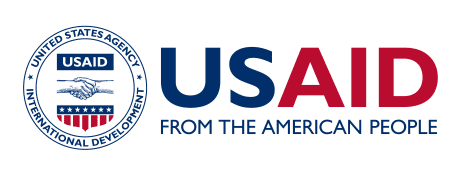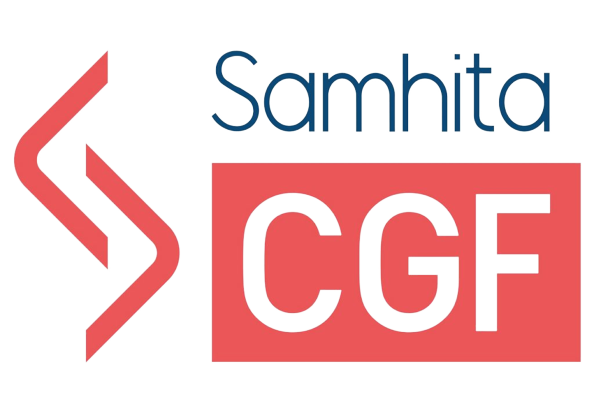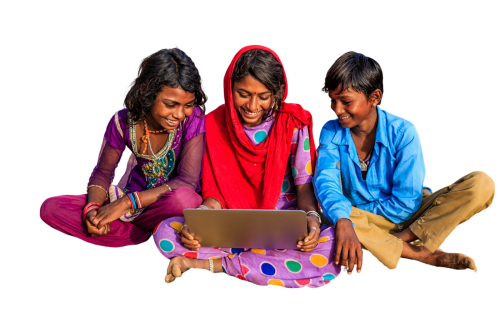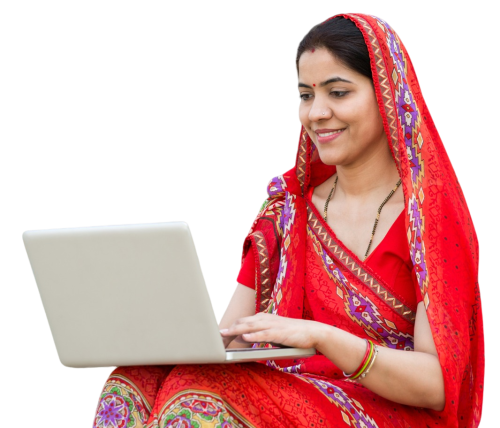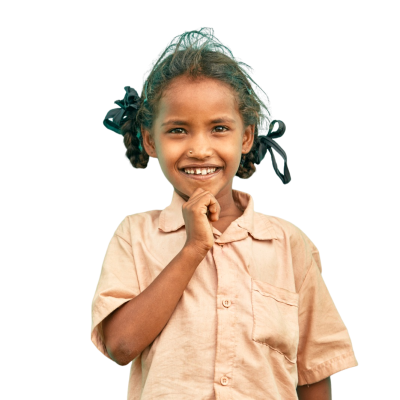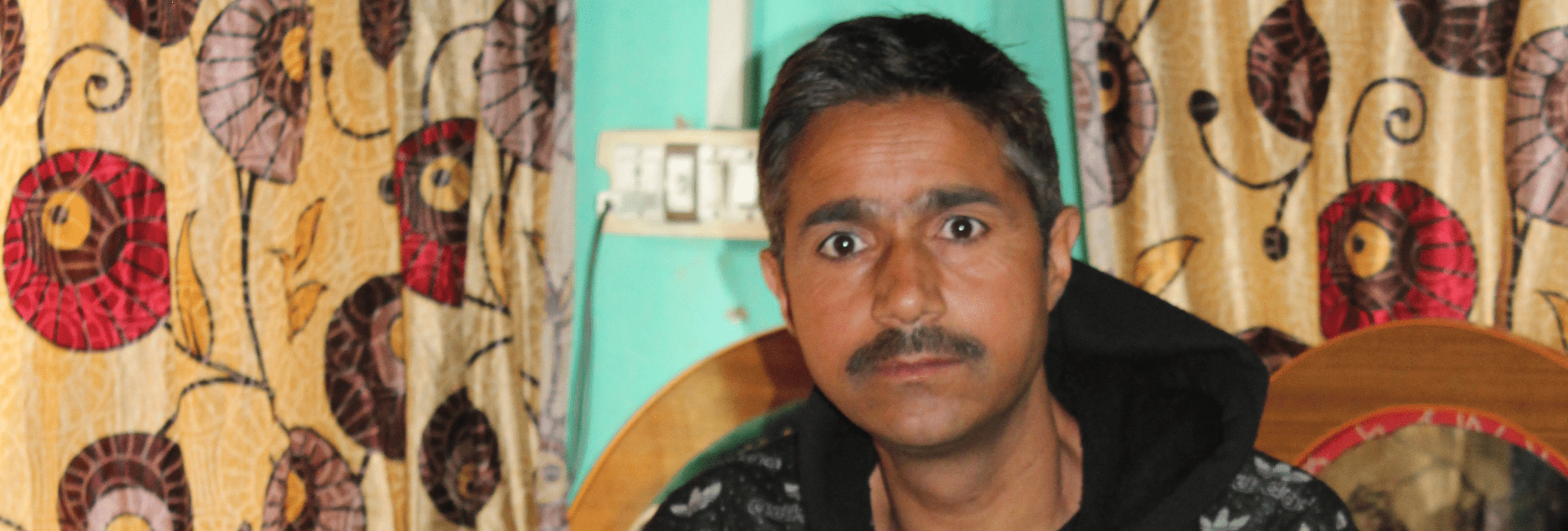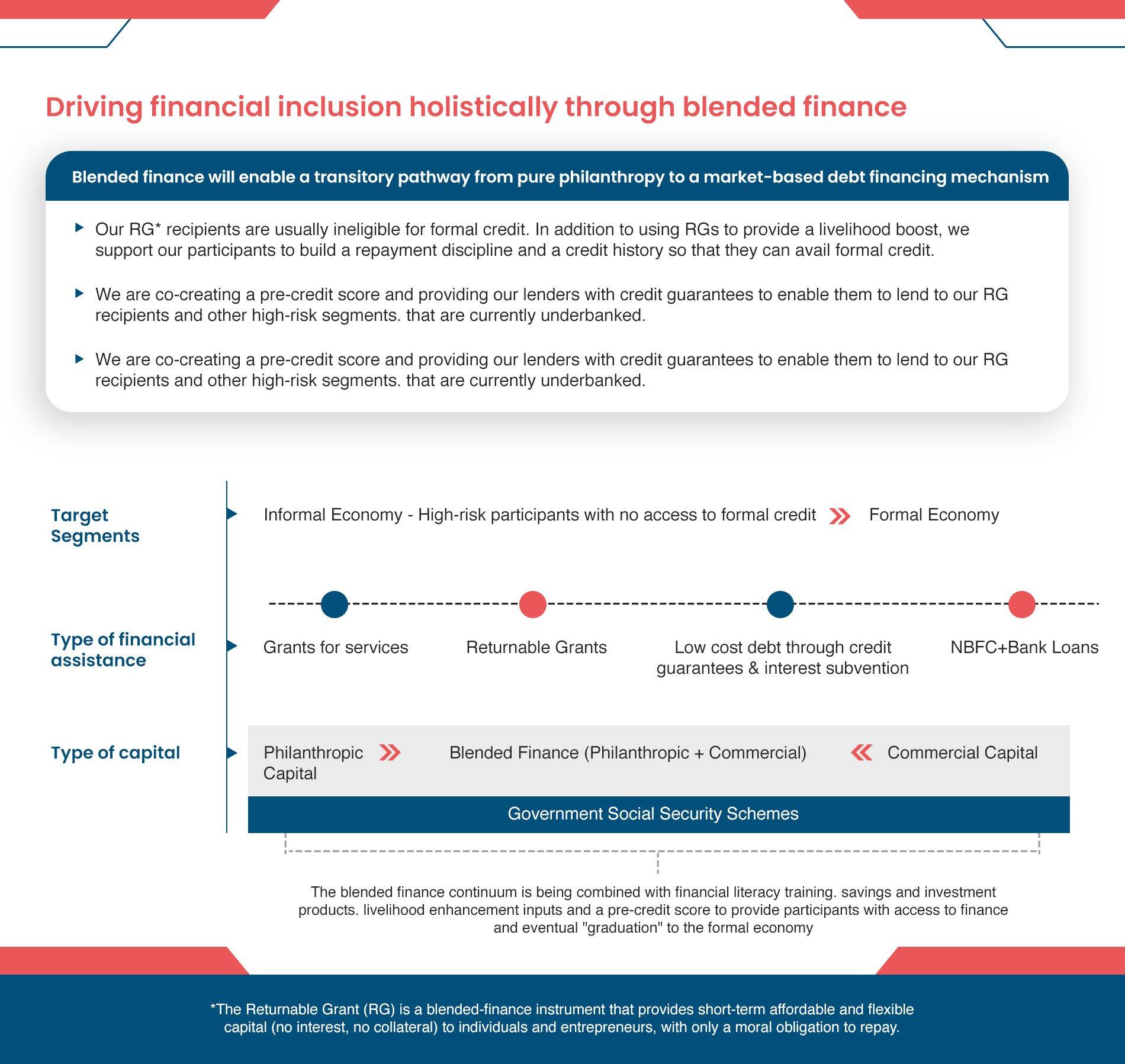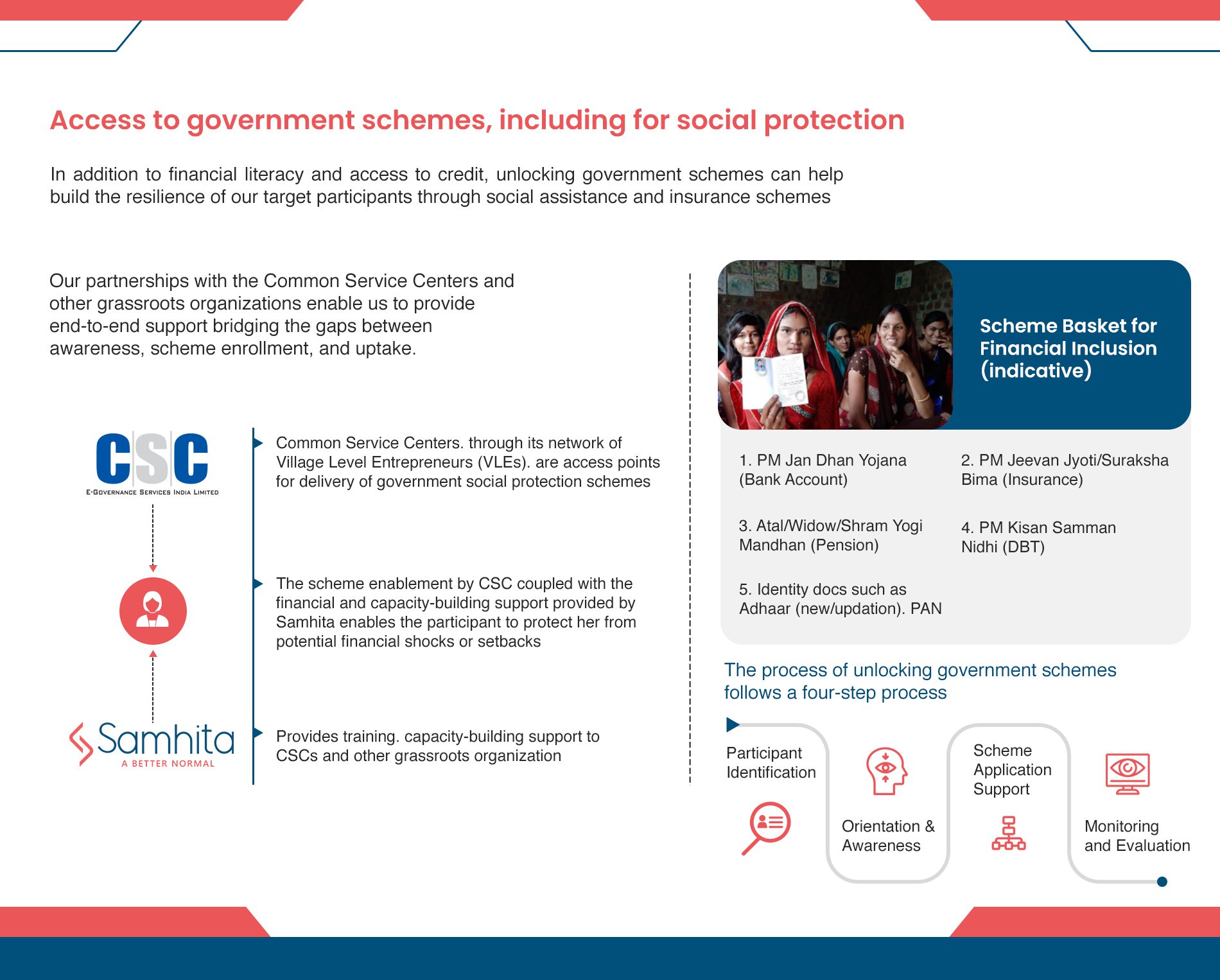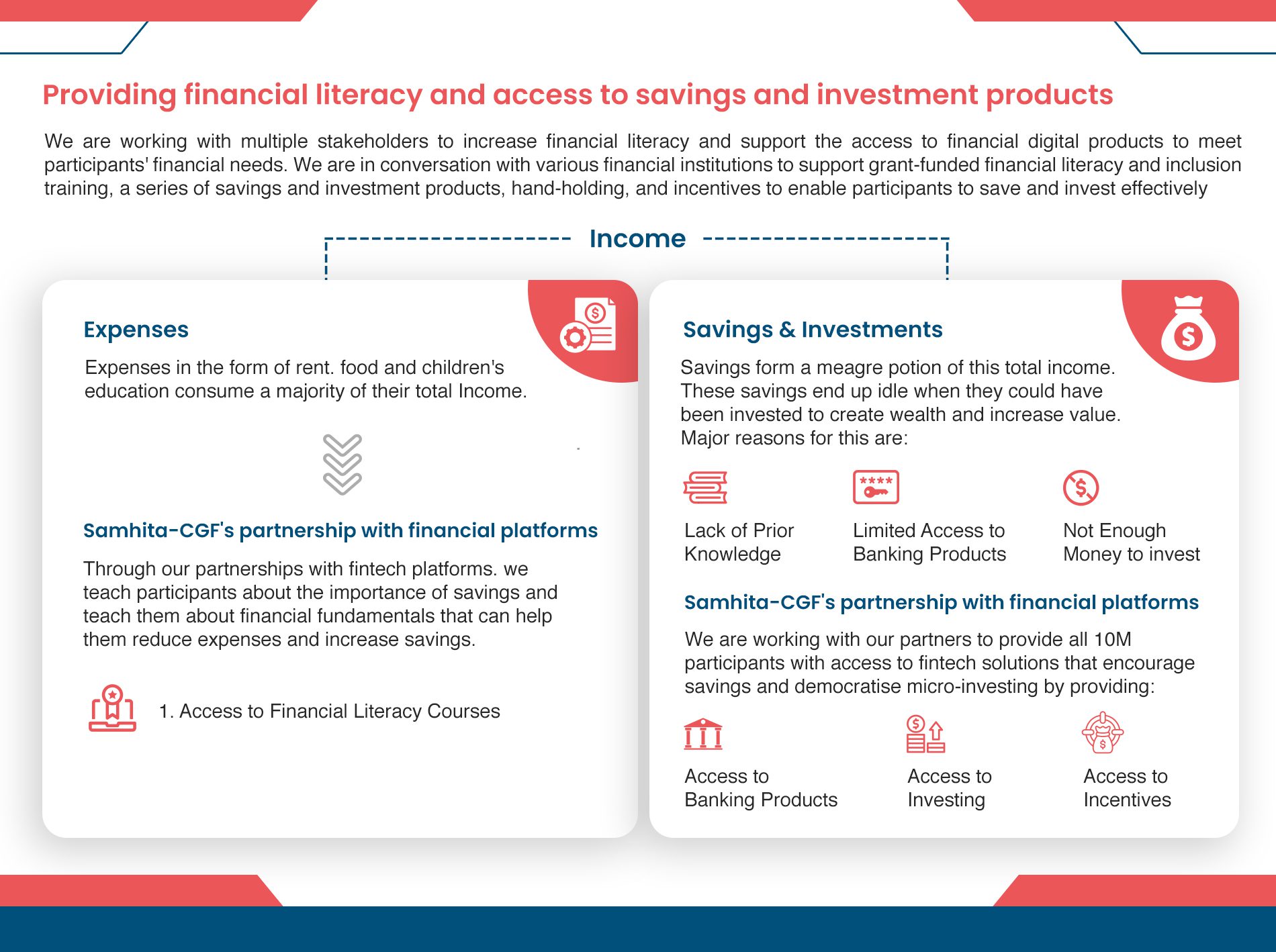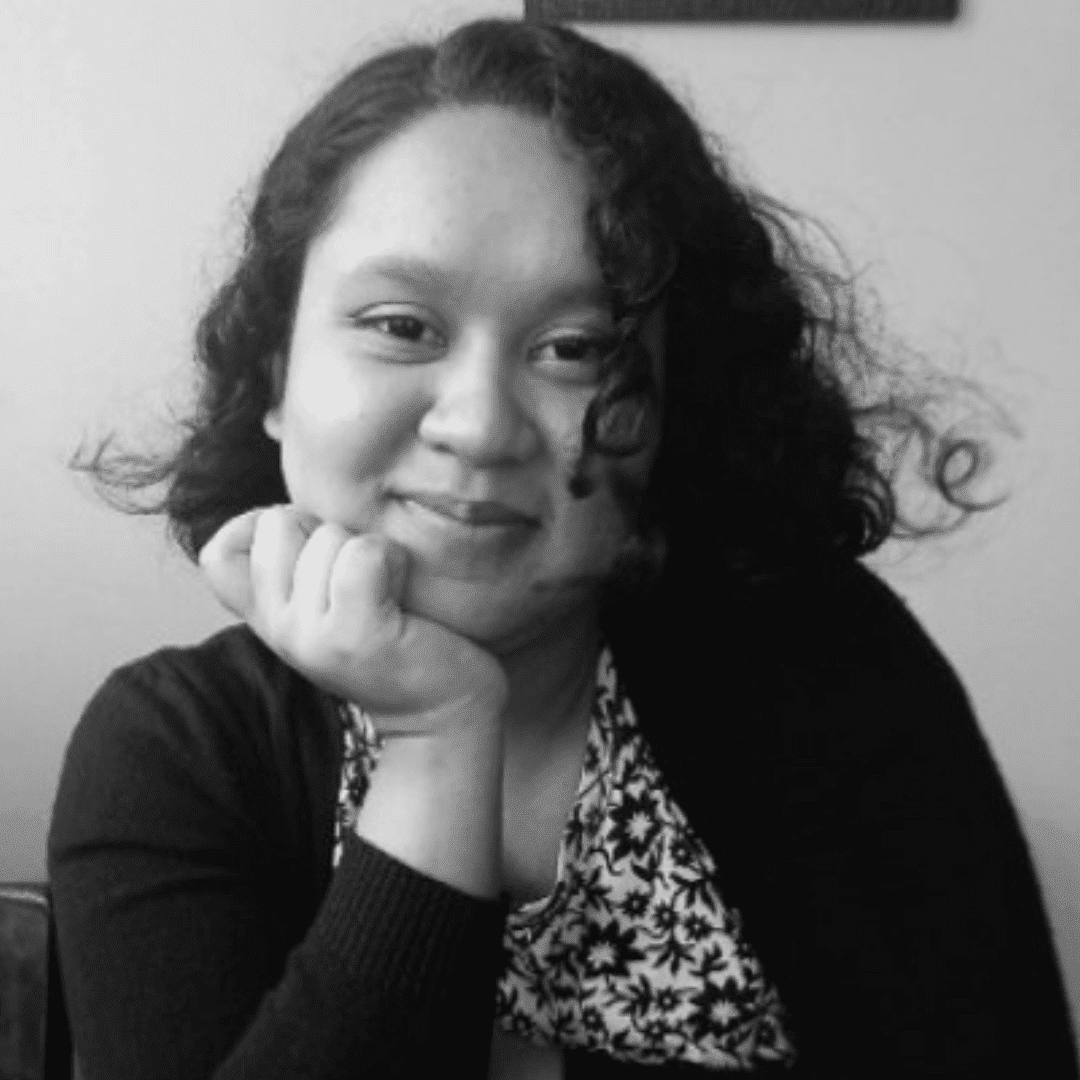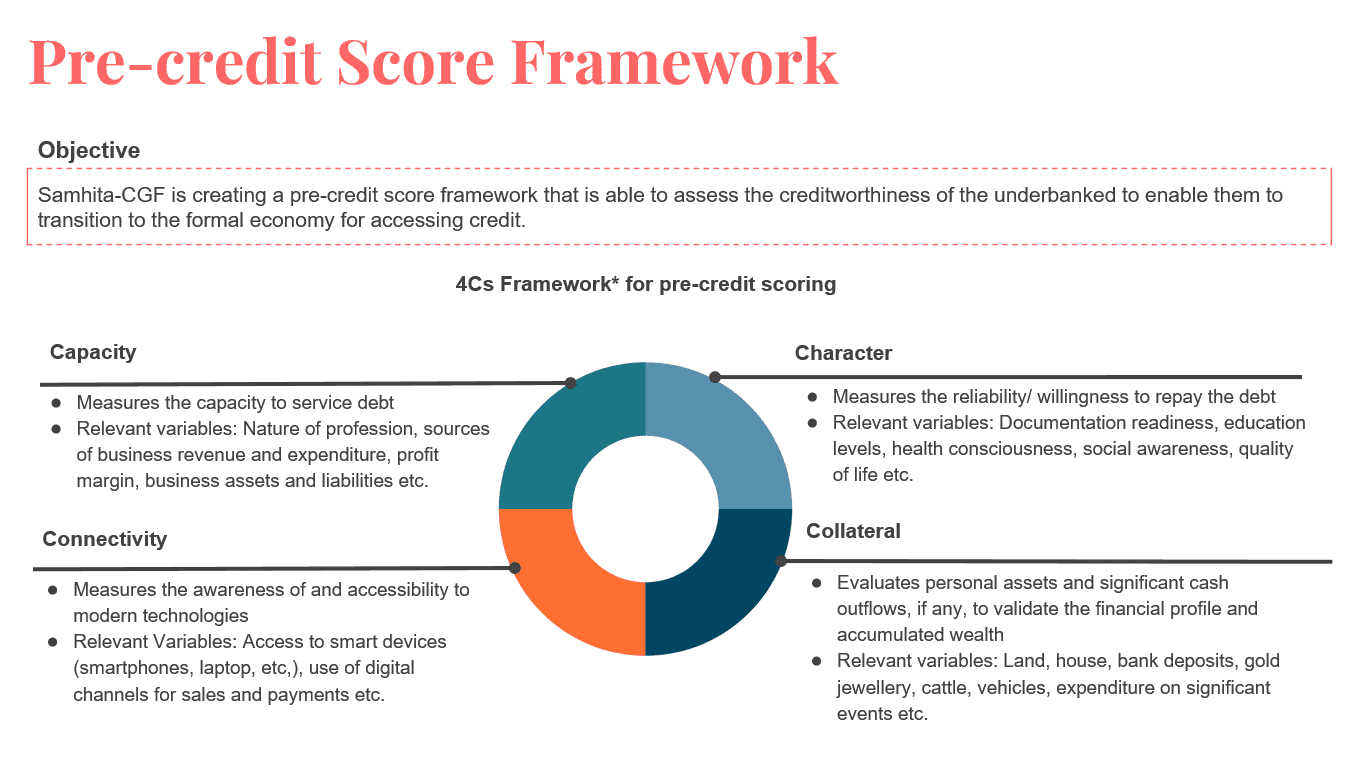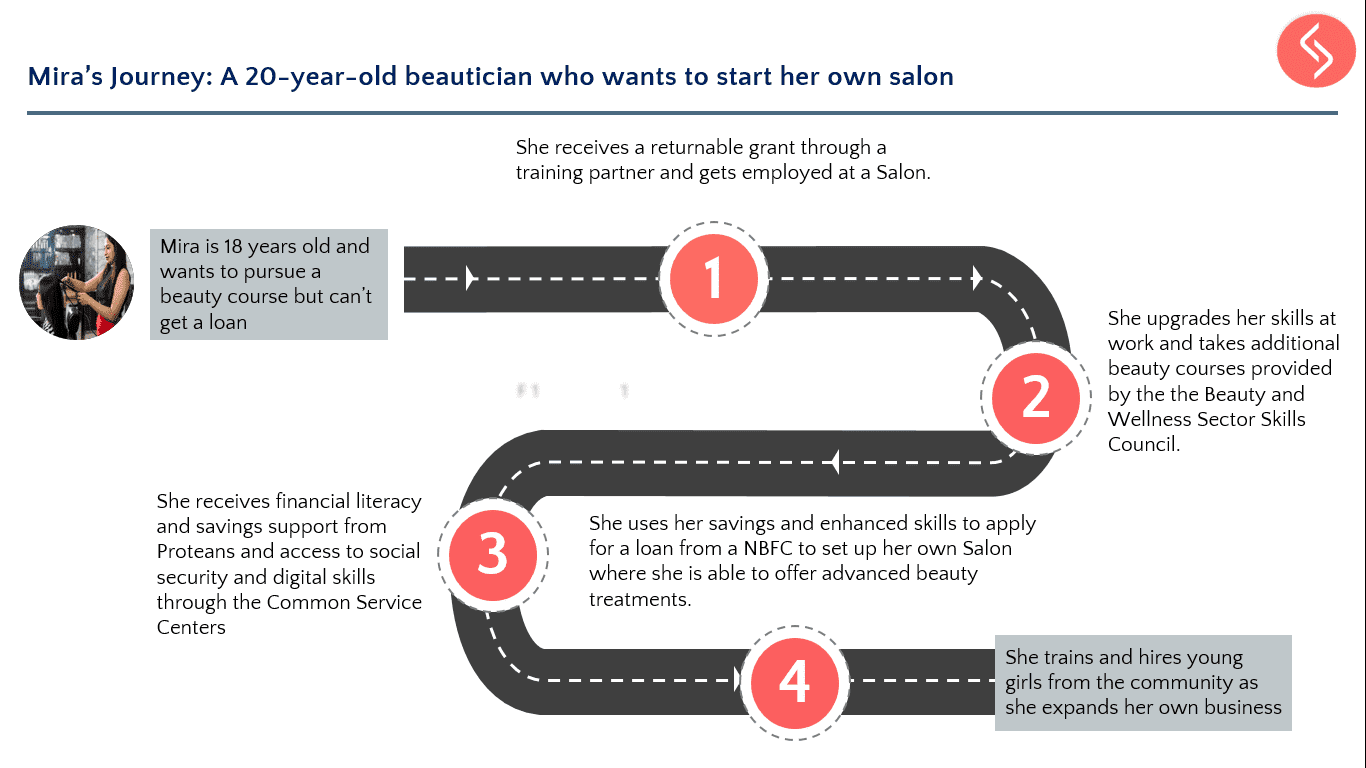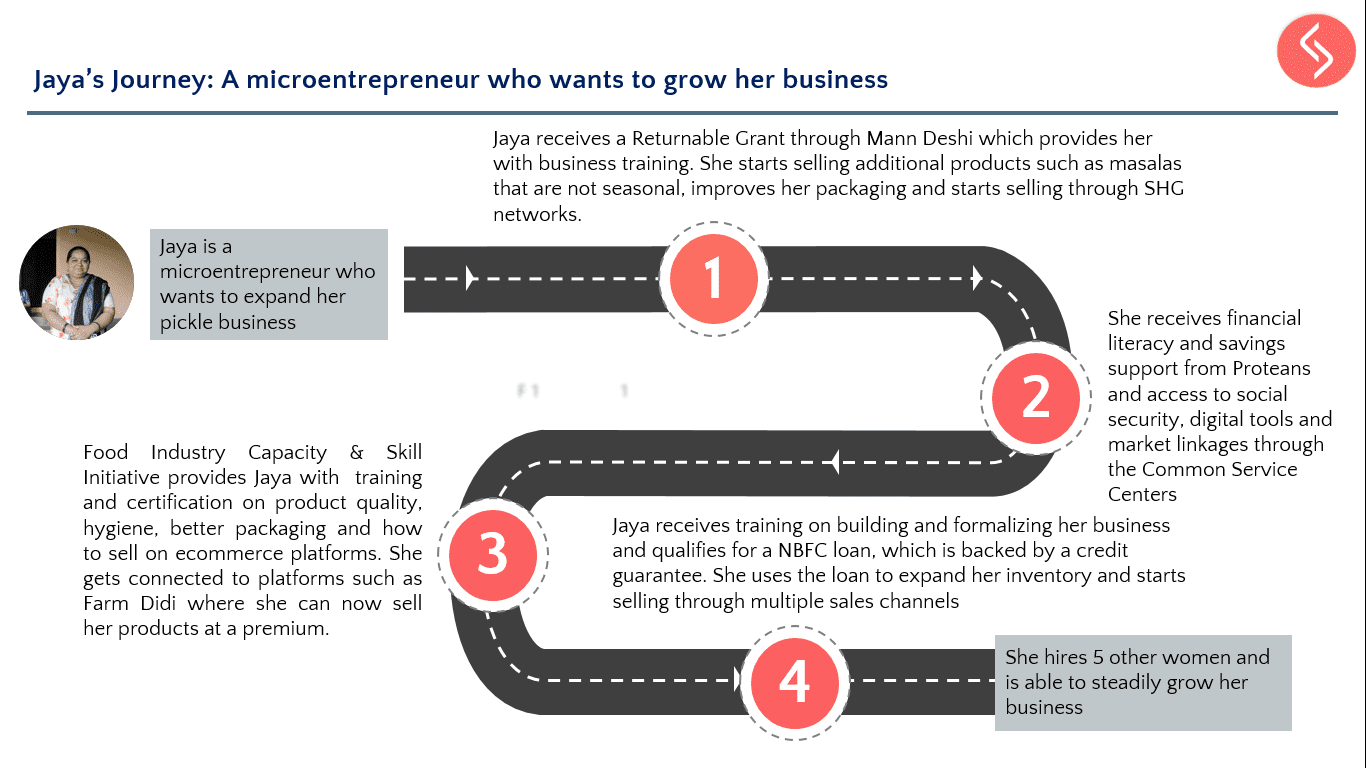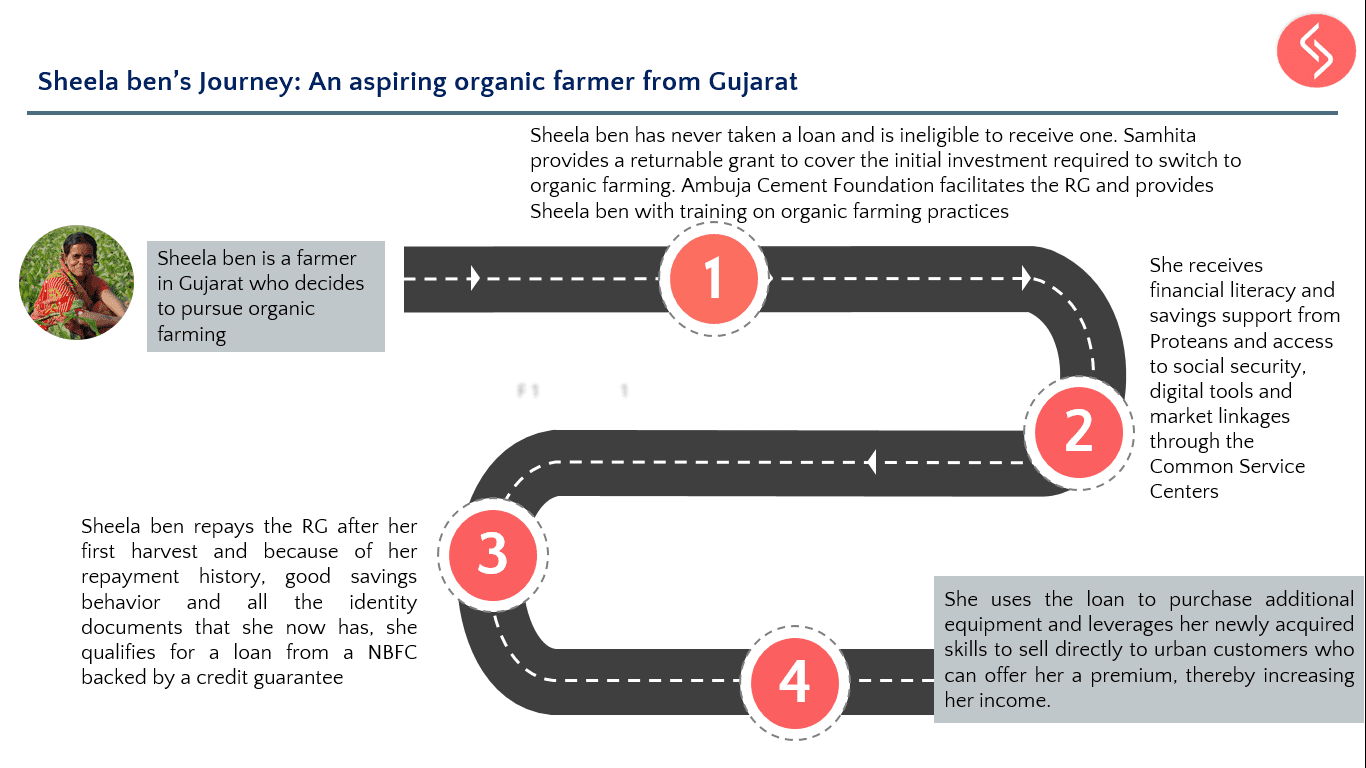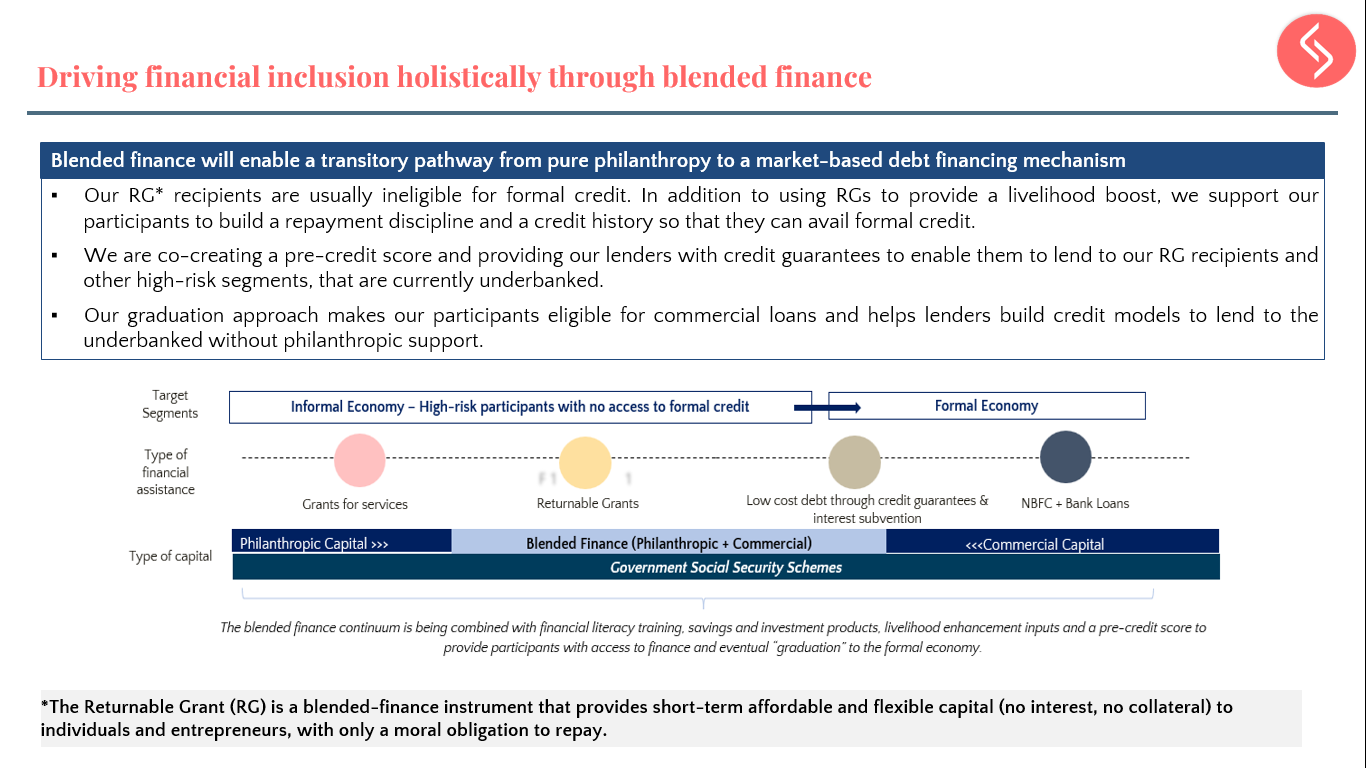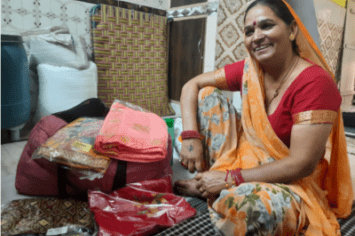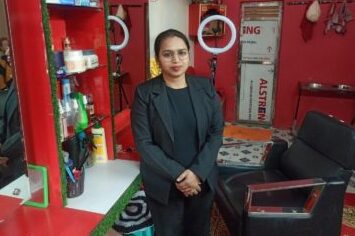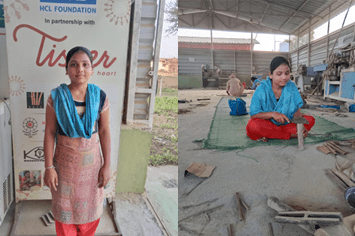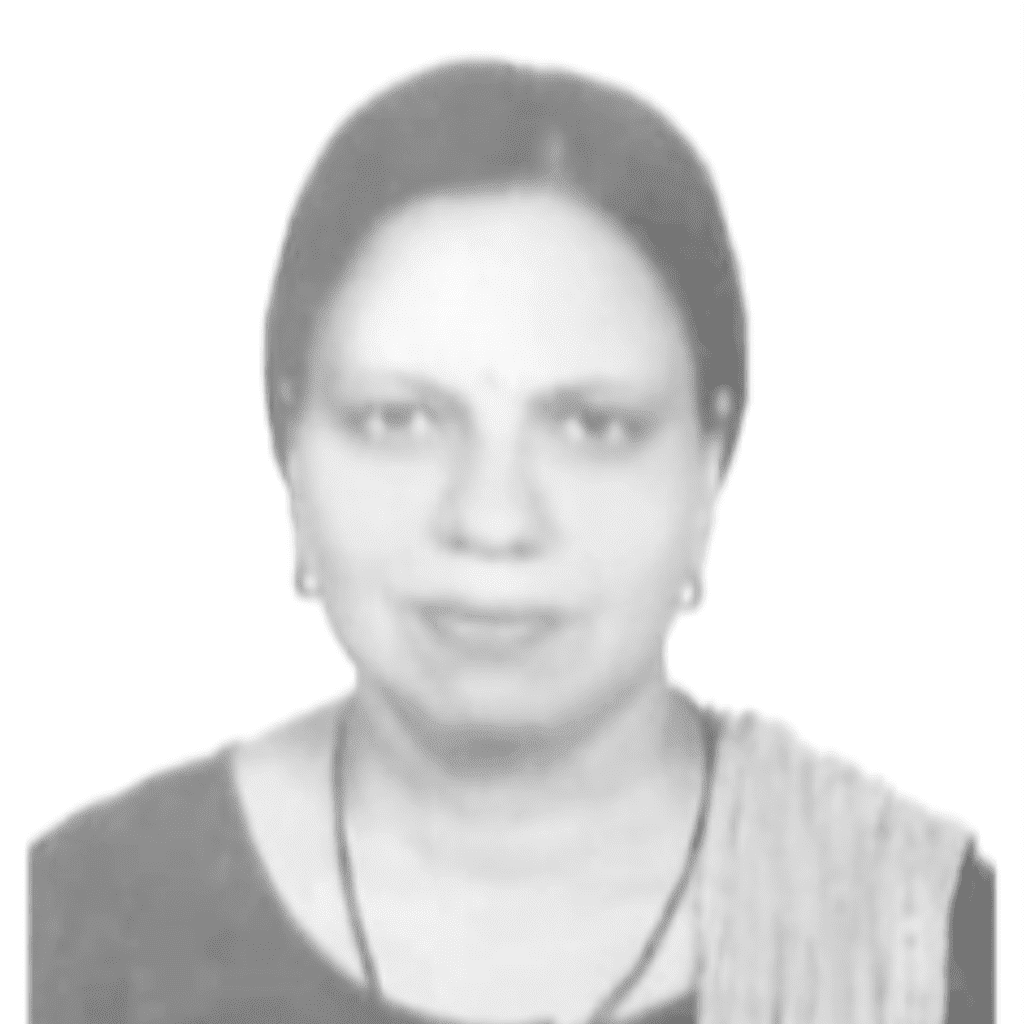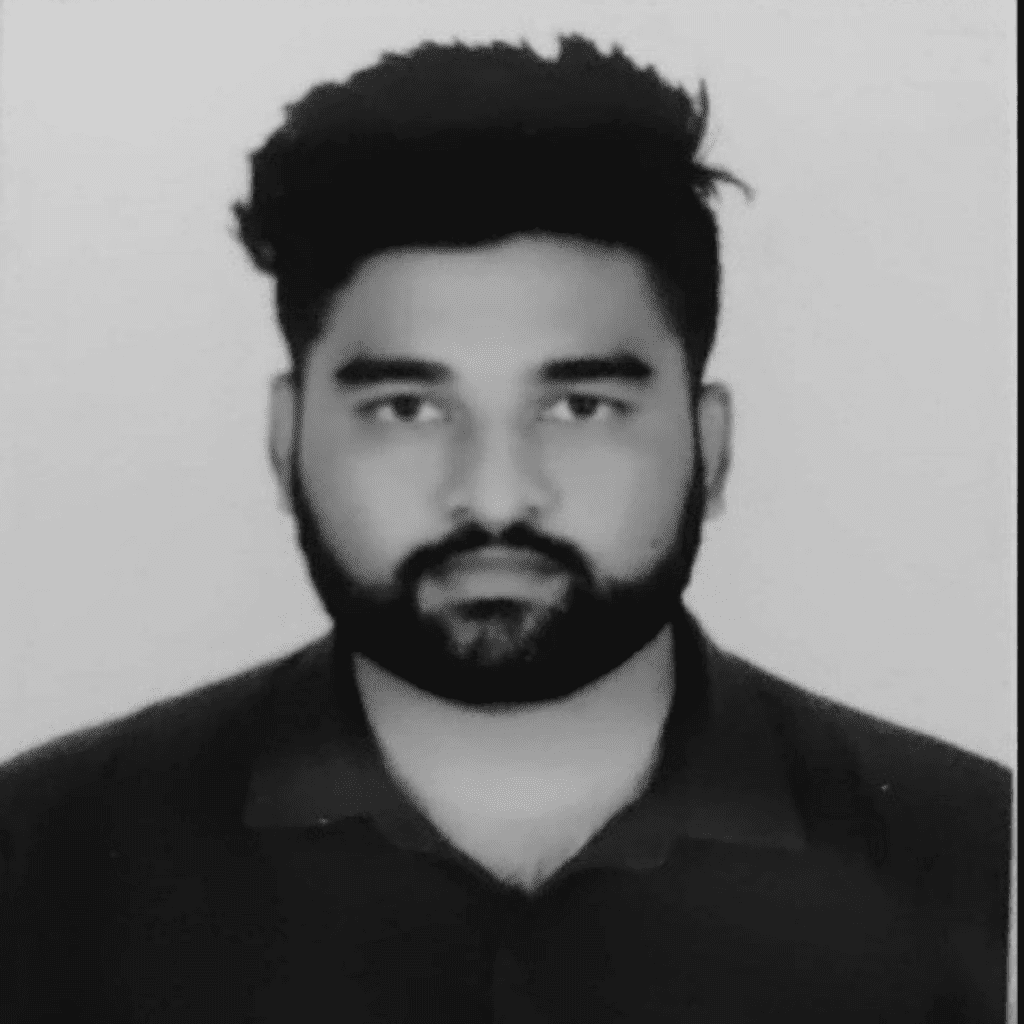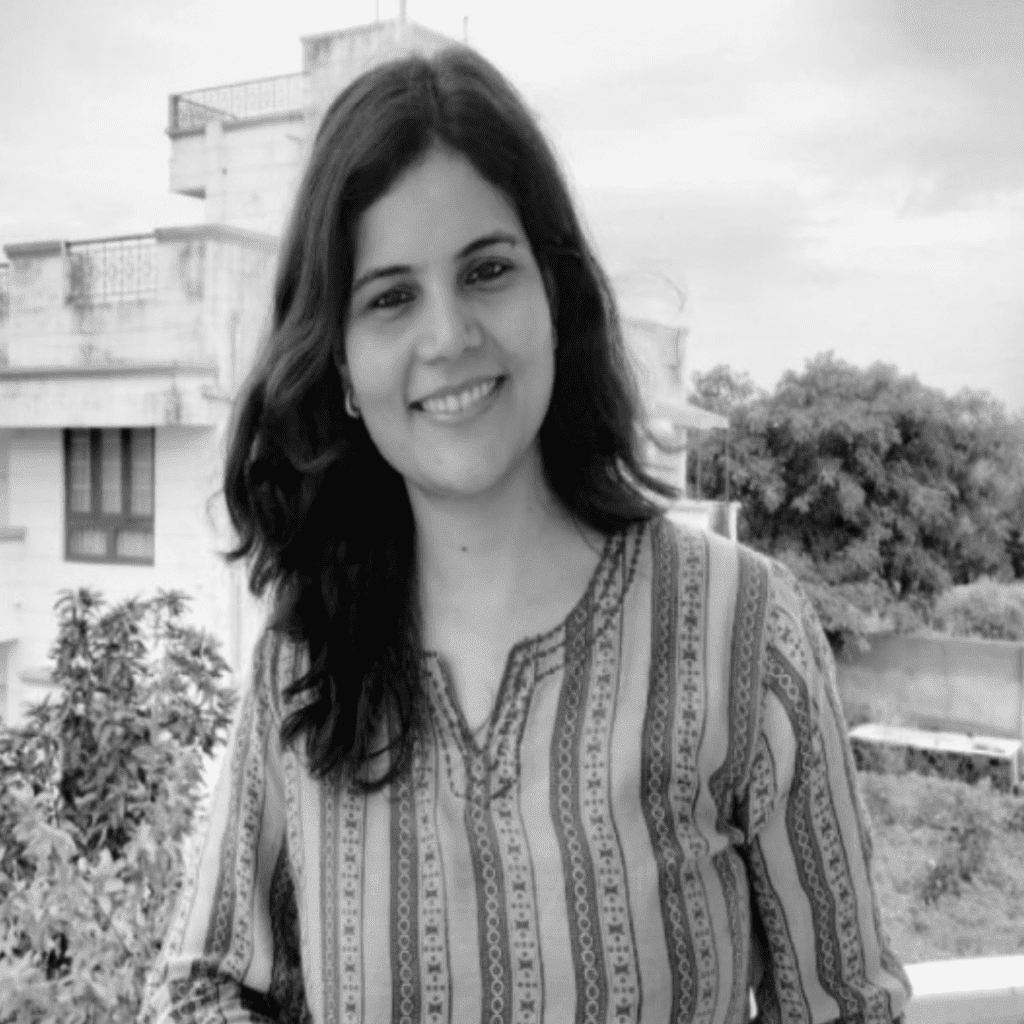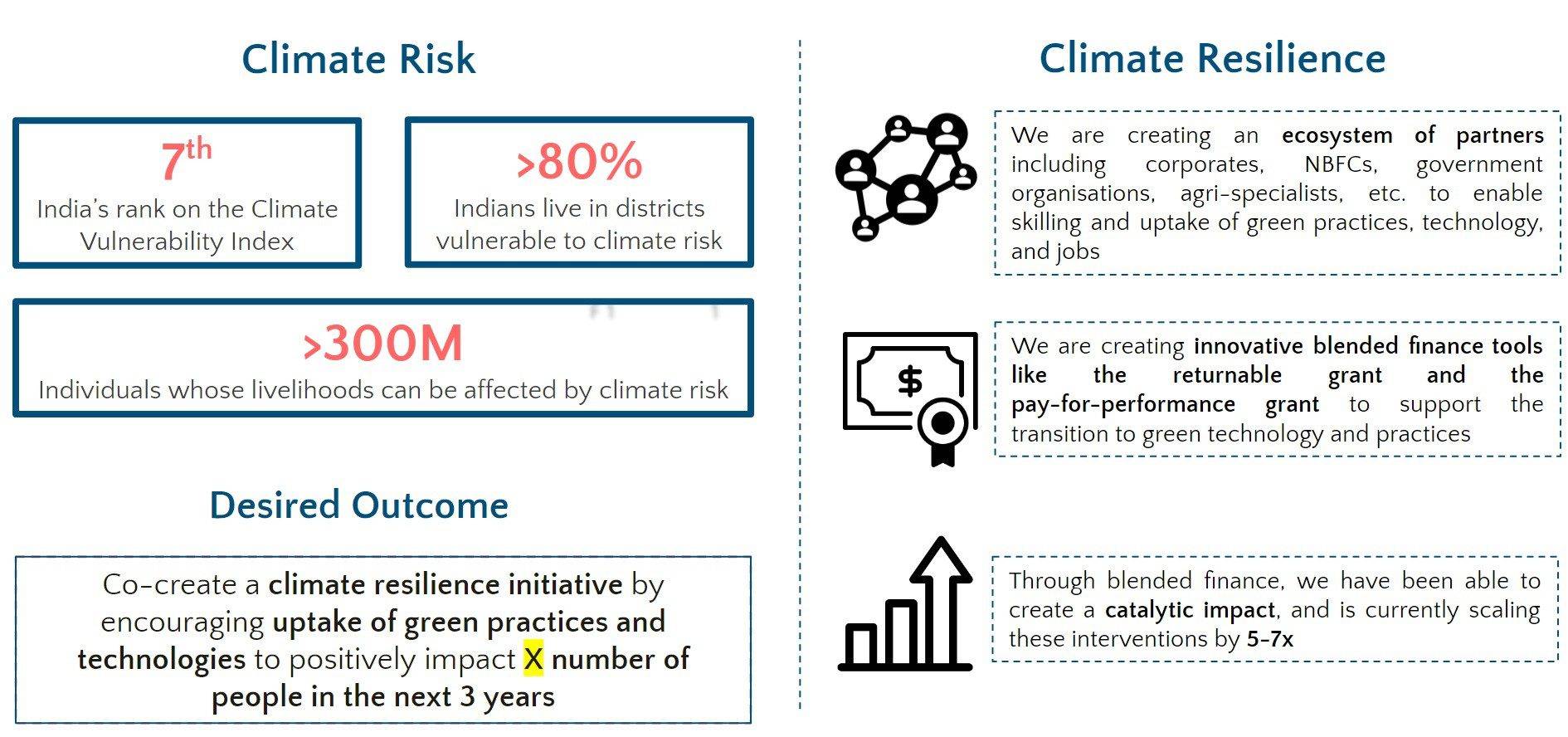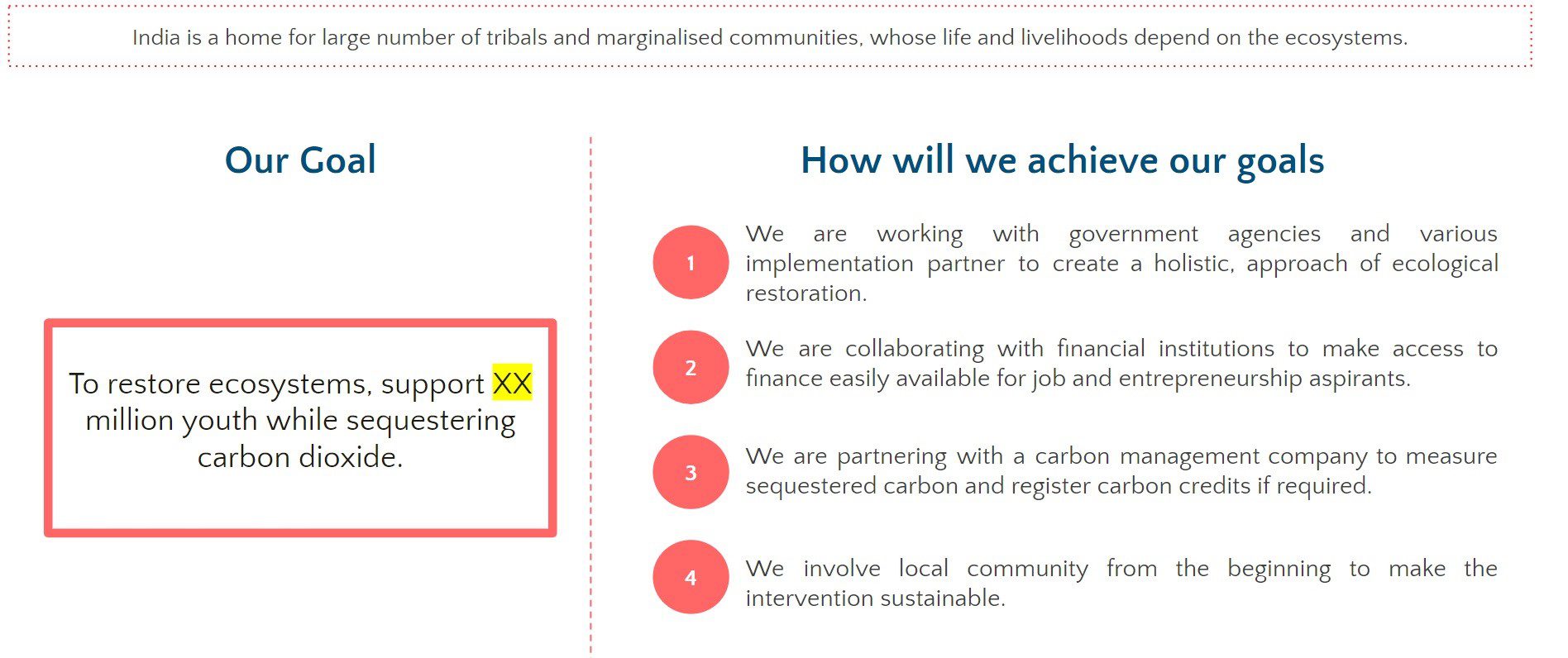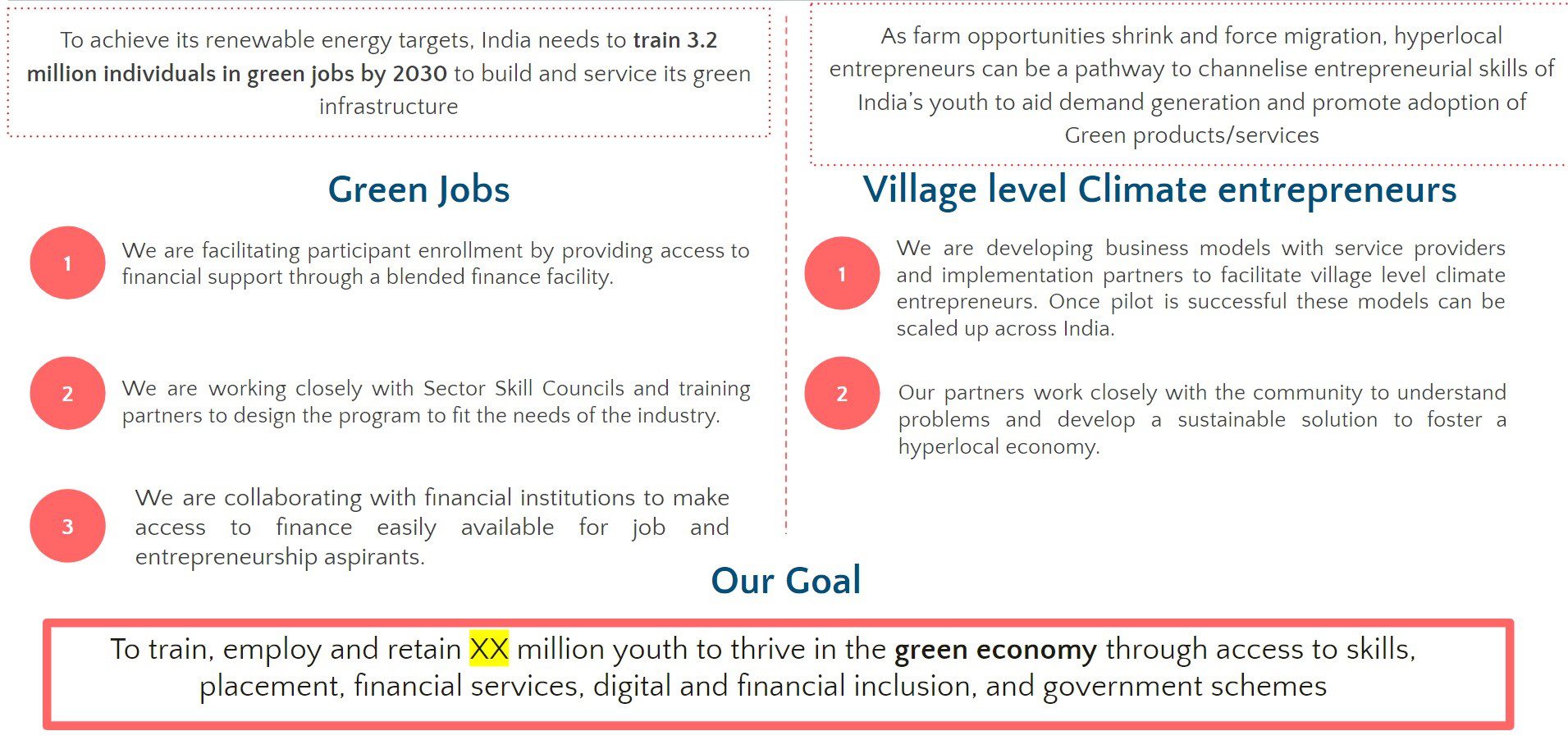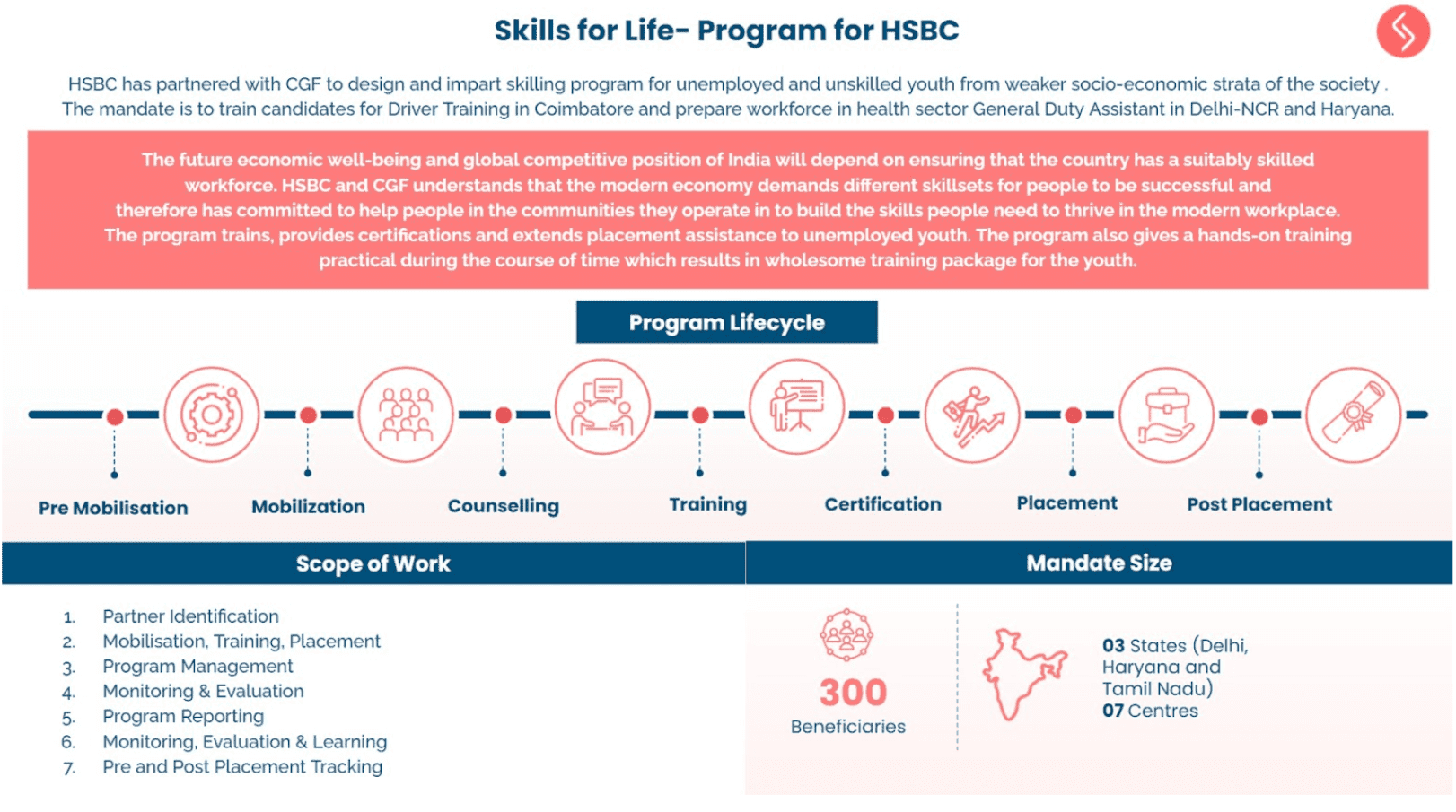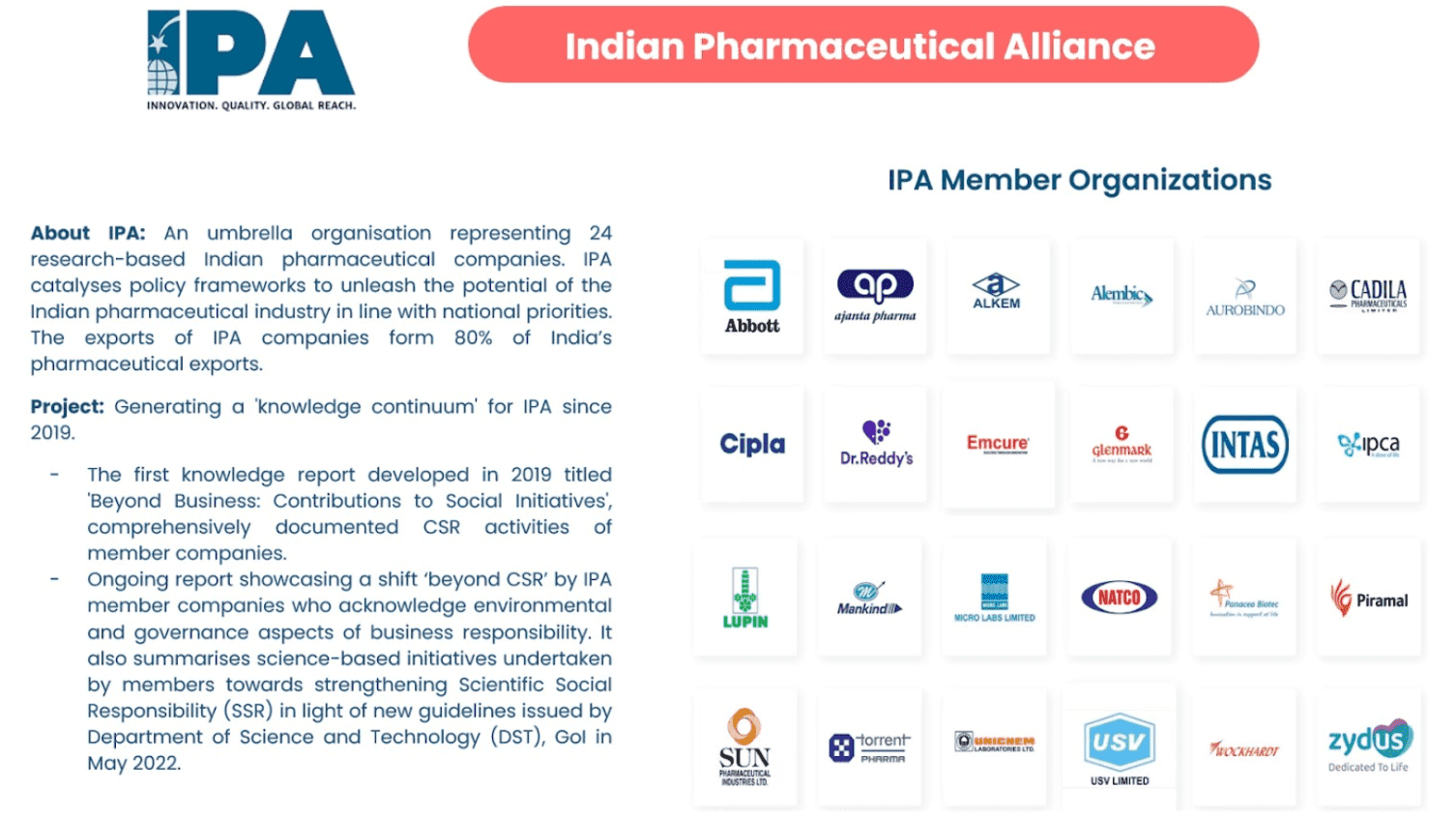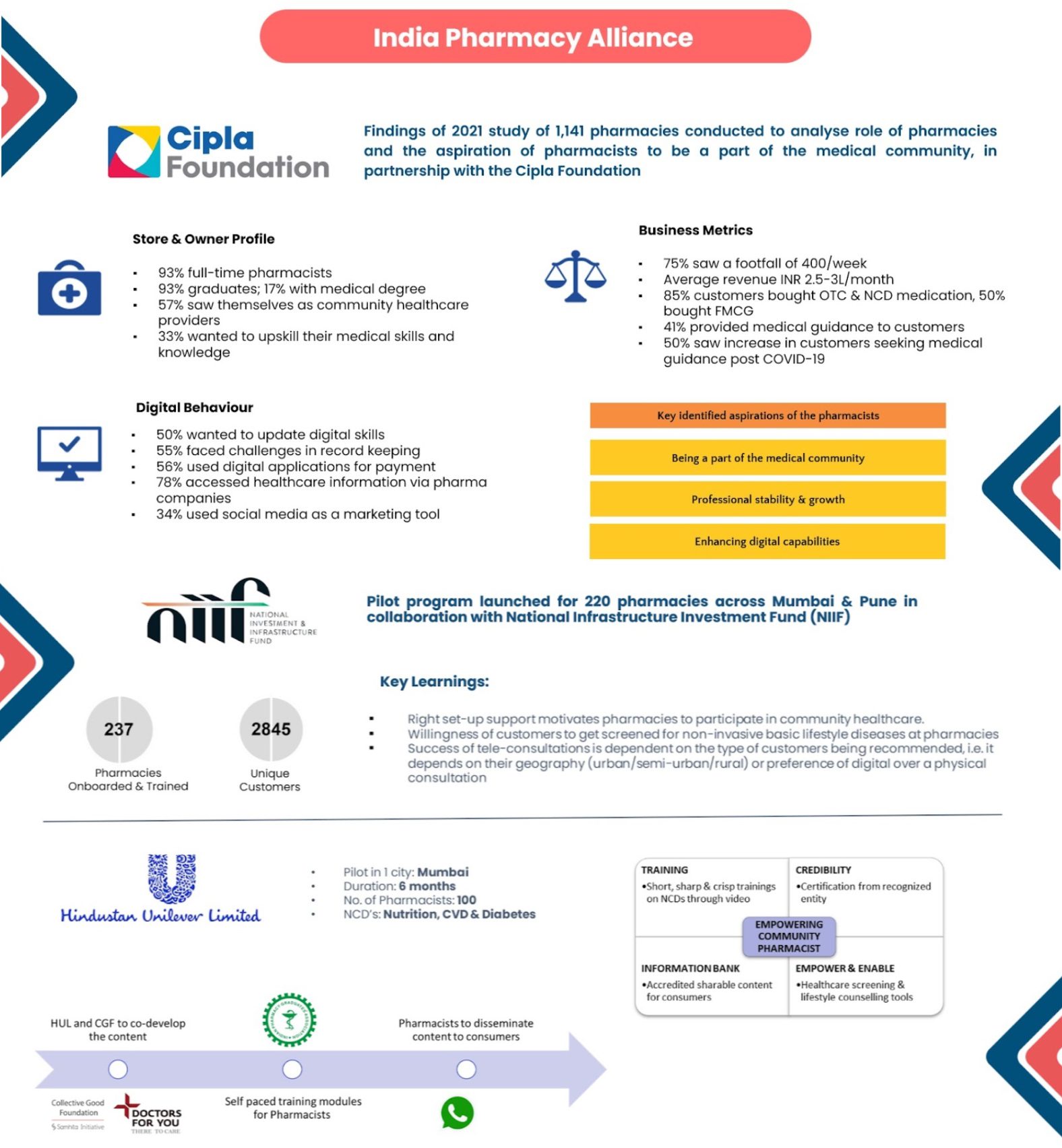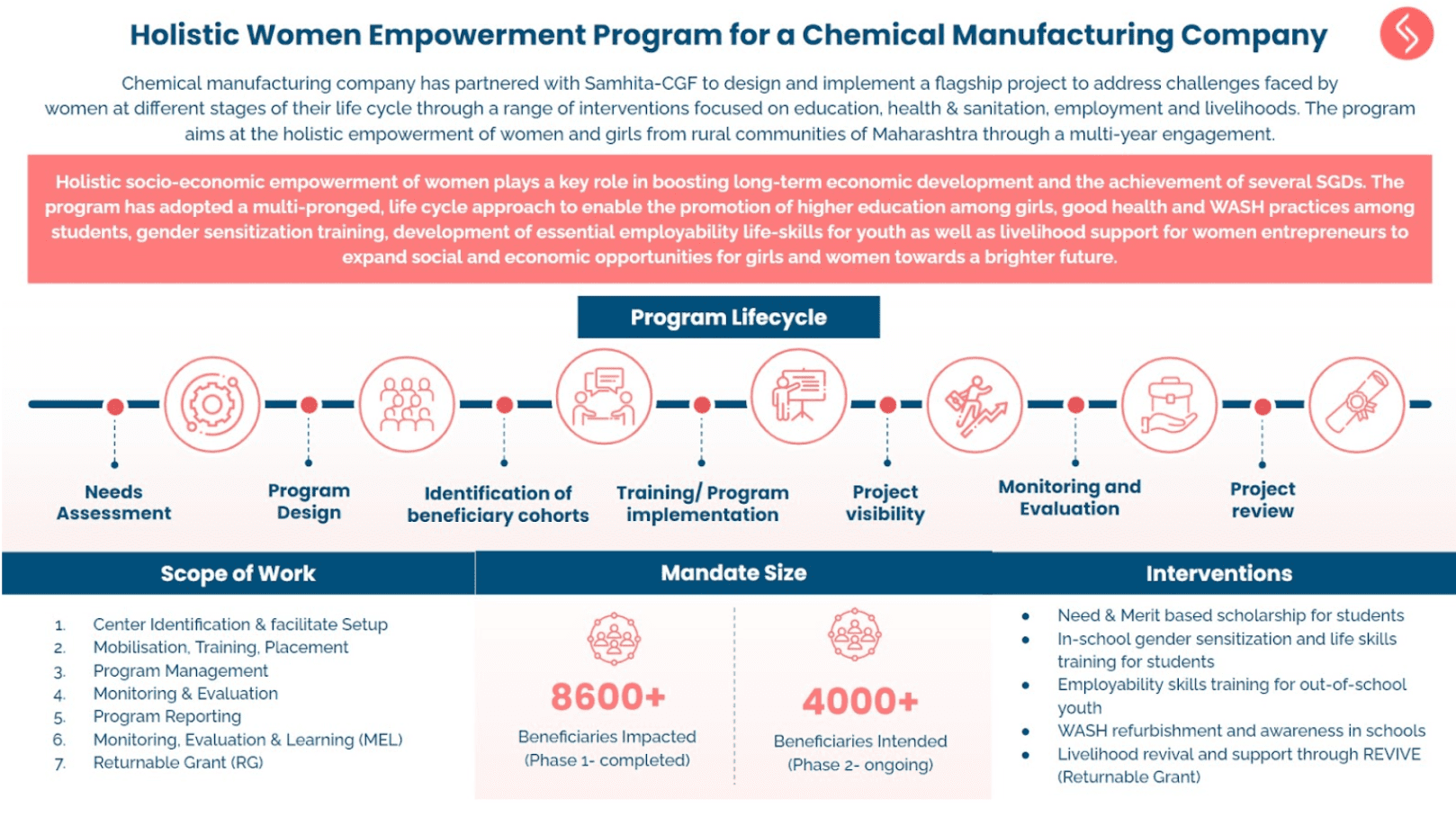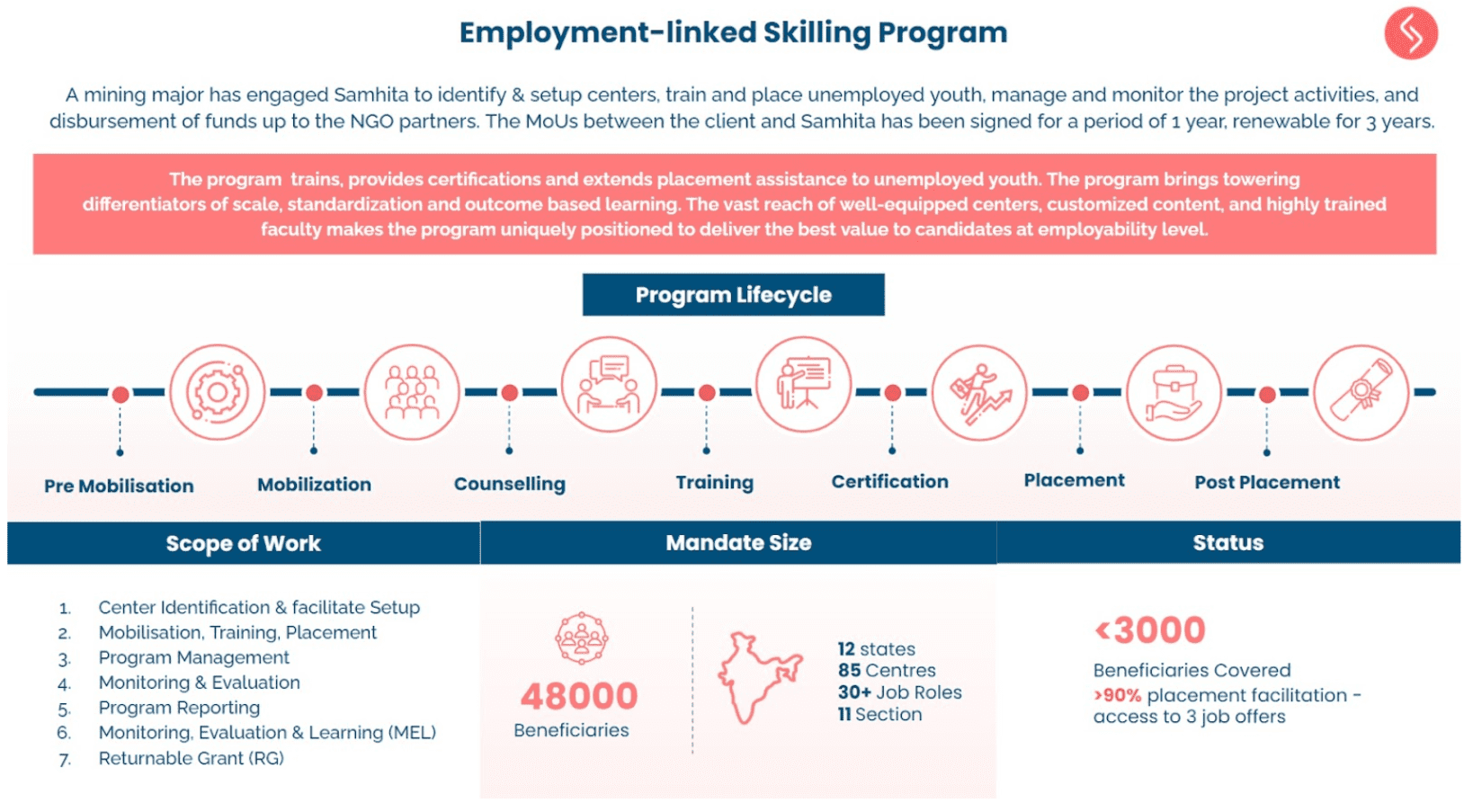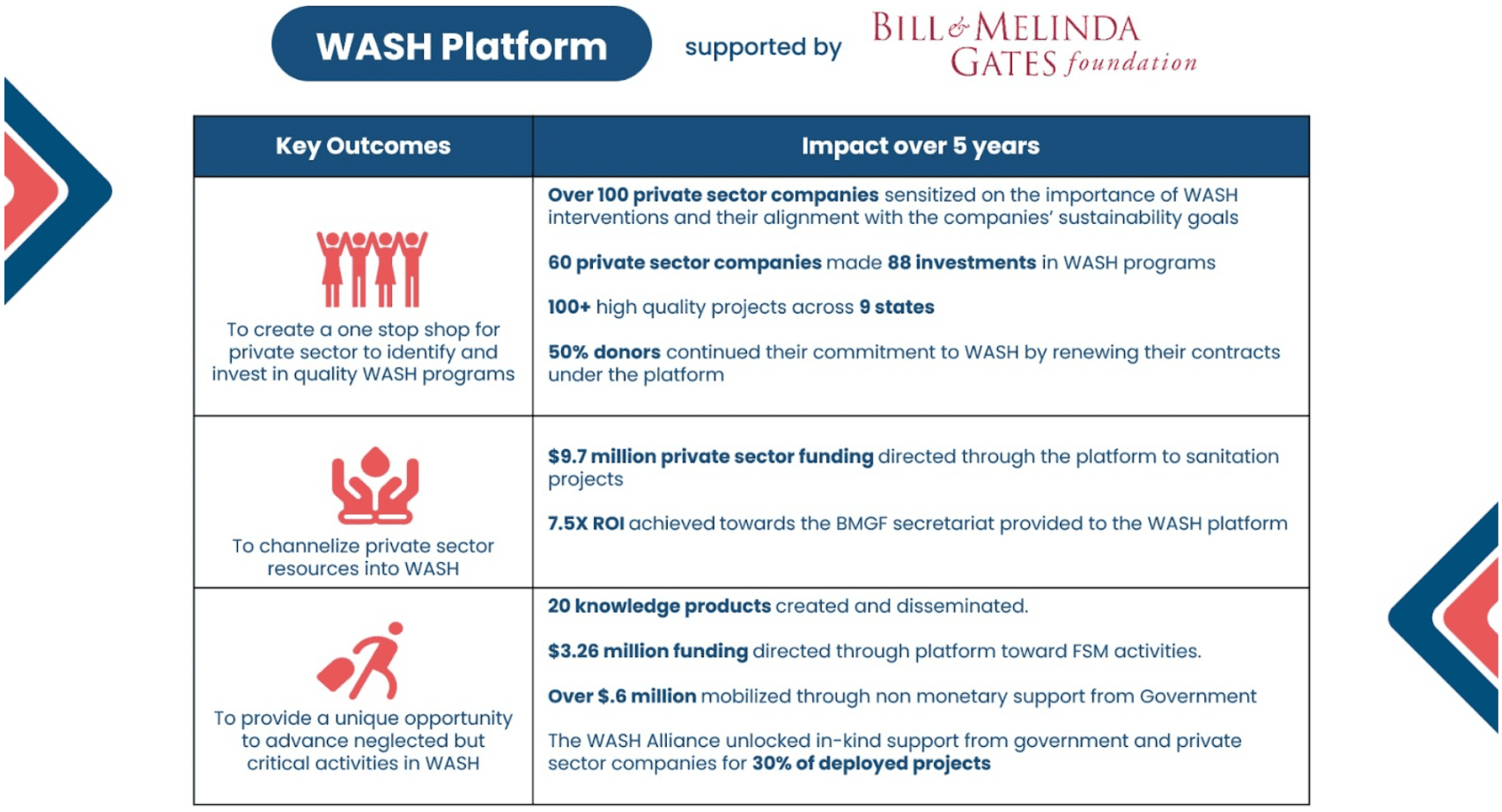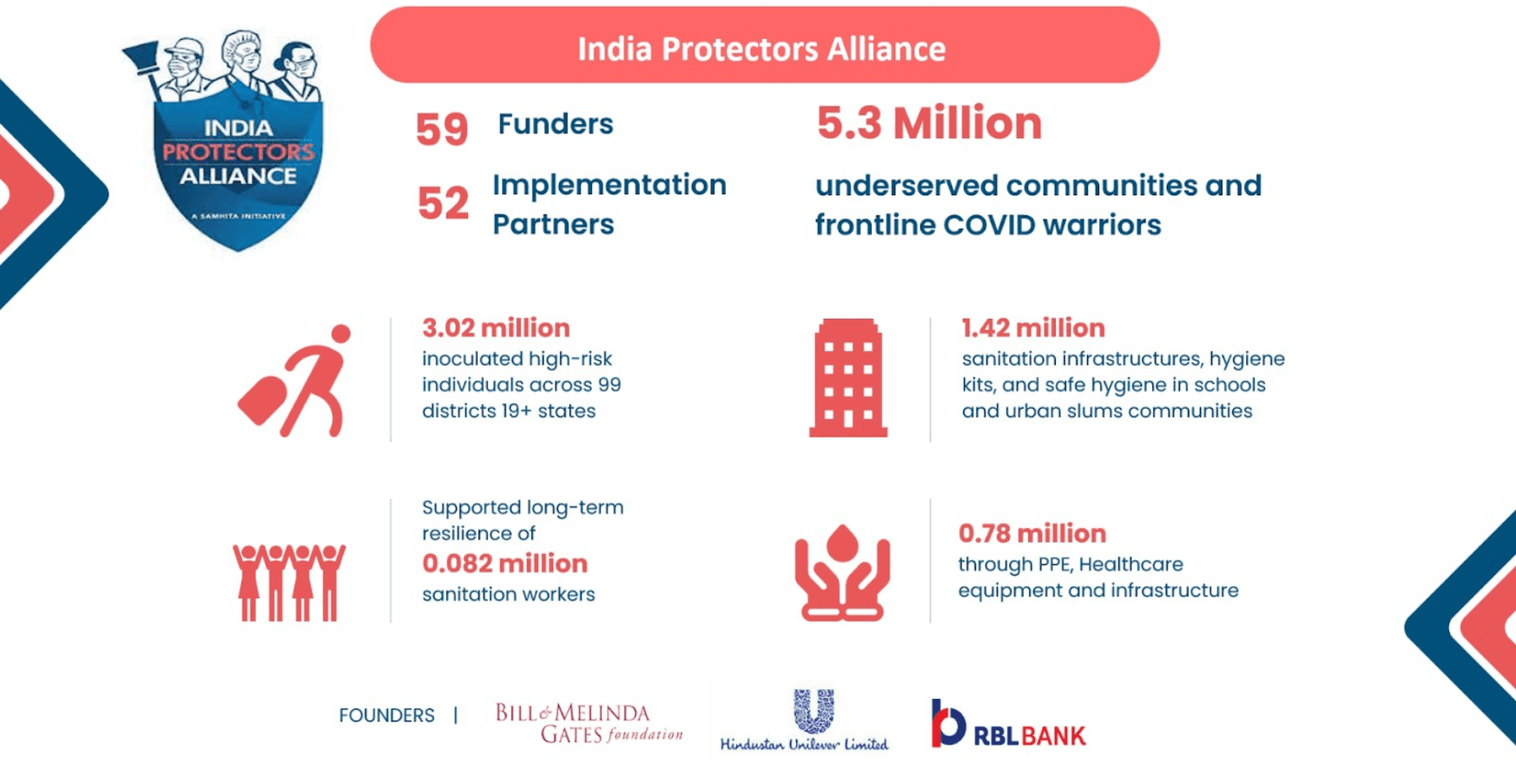Bilal, a Sozni artisan and entrepreneur with disability from Jammu and Kashmir, is driven to face the many challenges that lie in his path and works to emerge stronger from any adversity
Bilal Ahmed Bhat, 39, is a man of grit and resilience. When his father, a Sozni embroidery businessman, retired after 40 years owing to health issues, Bilal took on the bread-winning responsibilities of the family. He worked for a local entrepreneur for a while, but soon decided he wanted to be his own boss. So he started his own business, and also, with enterprising spirit, obtained a Master’s degree simultaneously. Bilal’s business specialises in Sozni embroidery, a craft he learnt from his father and a style of embroidery originating in Jammu and Kashmir, his home state. From his workshop in Badgam, Bilal makes shawls and garments to be sold throughout India (via wholesale B2B channels) and within his community (via B2C channels).
The success of his business benefits 35 artisans in the region, 5 of whom are disabled. Bilal himself has an orthopedic disability in his lower limbs, but he doesn’t let anything stop him. He said, “I treat everyone equally. Sometimes, disabled people think of themselves as weak, but I think of everyone as equals.”
Bilal’s business, and the community it served, were significantly affected when COVID-19 reached Indian shores. The lockdowns, curfews and fear of infection significantly affected mobility, and also disrupted National supply chains. During the first wave in 2020, Bilal’s shawl sales reduced drastically, to when he left the home or when someone came over to purchase some. This is when he became part of ATPAR (www.atpar.in), an organisation that provides support to entrepreneurs with disabilities, and joined their Entrepreneurship Development Training Program (EDP). He also became a member of NEDAR, a Network of Entrepreneurs with Disabilities, initiated by ATPAR, which provided business counselling, mentoring, market linkages and support through training in financial management, and sales and marketing. Bilal availed all the skilling services given by EDP and was also introduced to REVIVE for financial support.
The second wave, however, was extremely disruptive. In April 2021, Bilal did not have sufficient funds to pay artisan wages or purchase raw materials. “In Kashmir, the whole year has been bad for business due to lockdowns, internet disruptions, etc. How can we afford to take loans from banks and pay 12% interest rates?”
Bilal’s resilience, hard work and commitment to his community made him a perfect beneficiary for the no-interest, zero-collateral returnable grant offered by REVIVE. He was supported with INR 40,000 (USD 538) in April 2021 in the form of a returnable grant — i.e., there is no legal obligation, only a moral one, as the money returned will circle back to benefit another beneficiary under the REVIVE program. “I wish this type of support is always available — I’ve never seen it anywhere else,” said Bilal.
An astute businessman, Bilal is planning the grant funds carefully and being mindful of market uncertainty due to COVID-19. He has thus used the funds to pay his artisans a basic wage and also purchase raw materials to keep the business thriving. He is also considering innovative means to attract new customers — his most recent business idea is to showcase his work on online marketplaces such as Facebook and Instamojo. “Life is about facing challenges,” said Bilal, “We can’t grow without them.”
